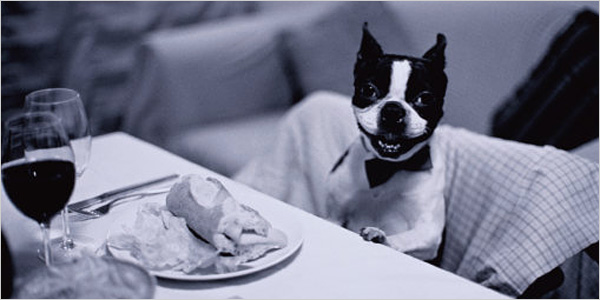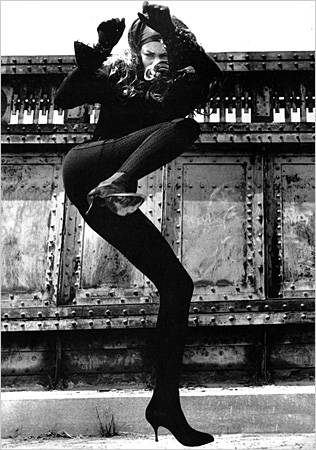As a reader I am lazy. I try hard to read edifying, improving things and yet always fall for a good story like a pretty face.
As a means of learning something while being entertained I read The Other Boleyn Girl -- to be truthful this was inspired not a little bit by a movie starring Scarlett Johansson, who is always a good thing even in a bad film. Being Canadian and therefore taught only the history as seen through the prism of this young and juvenile place -- such a stark country, history as taught in school amounted to who said what in Parliament and the tale didn't improve with the re-telling -- I had never learned a damn thing about England and its romping royals until the days of Chuck and Di.
Henry VIII is more or less the Clinton of his day, known more readily for sexual exploits than any Good Works. What do we really know about Henry and his era except he had a thing for women, had a number of wives (I thought eight but the number is slightly lower) whom he beheaded when he got tired of them (in truth he didn't behead them all but did behead them more often than is truly ideal).
I am always drawn to the story of the underdog, the watcher, the minor character in a major life. These are the observers, the truth tellers, the ones who have the freedom to say, or express, how it really was. The other Boleyn girl was tragic Anne's sister, Henry's first fling.
This is a page-turner, what's known as a "romp", a truly wonderful suntan lotion scented Saturday afternoon read. I swear there are improving aspects to it, too -- for example, it does outline the history of Henry (from the waist down but still) and is a testament to the significance of family and court politics, there is an encouraging tale of Mary, the "Other" and her love of her children and how despite having to lay down for the King she found love, a happy relationship, a nice man within the muck. All good, and it inspires a quest for more knowledge -- at the end of this book Elizabeth I is a dark horse to say the least, so HOW, pray, did she manage to become perhaps the greatest ever ruler of an empire -- and a woman when such were distinctly an underclass. Curiouser and curiouser.
Brimming with confidence I talked to a good friend of mine, very intellectual, who loves and seeks out Jacobean Tragedies (whatever they are) whenever she's in a theatre town like London. I'm not sure when the Jacobean period would be but it sounds long ago and so I mentioned that I'm newly fascinated with the Tudors and dying to read more about how Elizabeth managed to gain the throne, saying that I was on a quest for more learning. Which I thought my friend would appreciate and applaud. Ha. What led to this new interest she asked and when I said it was the wonderful Boleyn Girl book she snorted. Rather rudely if I am honest. "A Harlequin at best."
What a smack-down!
I wonder what she would say of the Josephine B. trilogy I've just devoured. Again, what a wonderful character in history and what a modern approach Jo had to family, love, passion, her children. What a close, knowing, passionate and adult relationship she had with Bonaparte. Talk about in-law trouble! Talk about adultery! (not hers, though she's been smeared in history).
There are so few relationships we see up close. We see our own, though that is akin to trying to understand a mural from an inch away. Forest, trees, a mishmash of hope and desire versus truth. We have seen a marriage from up close through our parents, clearly no experts. So we learn of the myriad ways of love and life through books. Only these can offset cultural and societal expectation of love and happiness and real estate, the essence of what I see of the "relationships" all around me. These historical figures were circumscribed by a set of rules sometimes literally set in stone and yet they lived as moderns -- following their hearts within these confines in a way that looks liberated and liberating to these millennial eyes.
Subscribe to:
Post Comments (Atom)












1 comment:
Henry VII's most notable achievement, of course, was producing Elizabeth I, widely viewed as the greatest, most skilled monarch of them all.
Try Christopher Hibbert's The Virgin Queen:
Elizabeth I, The Genius of the Golden Age.
She shaped an era in which Britain's greatest writers flourished.
Jacobean refers to the period immediately following Elizabeth I, after James I, who was a Scot. Never did much when running the show from England. Nice architecture though.
Post a Comment